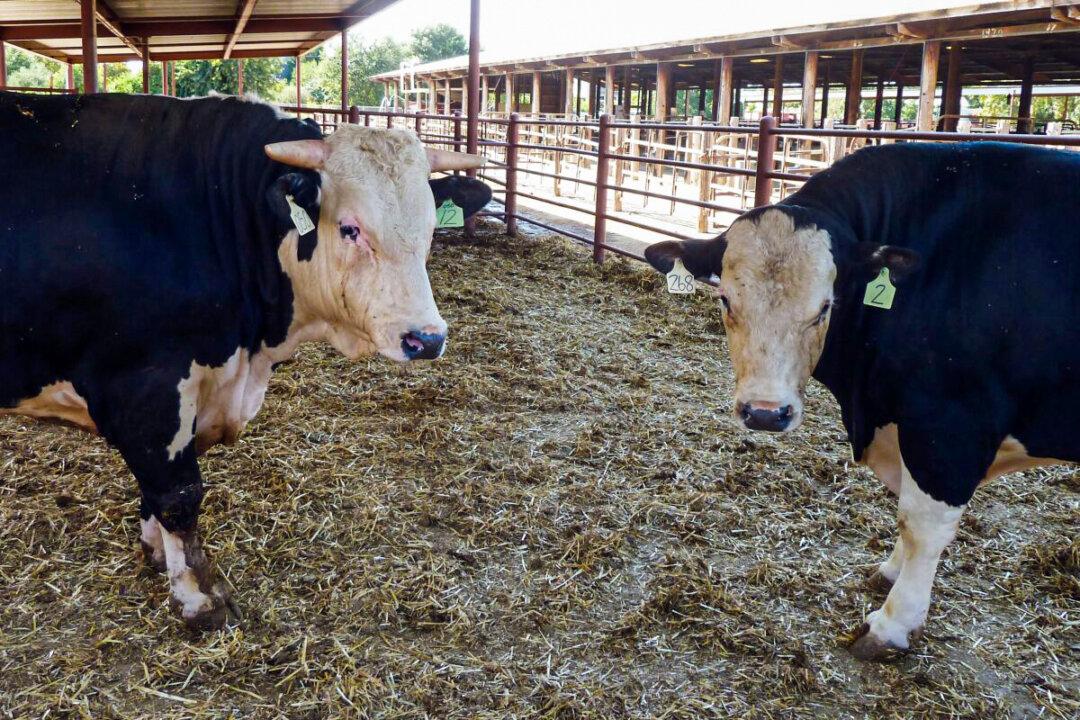The British government says its plan to legalise gene-editing in animals and plants for food is following the science and will help ensure food security. But critics say profits are driving what they call “frankenscience” and warn consumer confidence could be hit.
The new Genetic Technology Bill, the government says, will allow the creation of drought- as well as pest-resistant and nutrient-enhanced crops, reducing waste and the use of pesticides. It argues only genetic changes which could have been produced through conventional breeding methods or natural processes will be fast-tracked in the lab for consumption.



